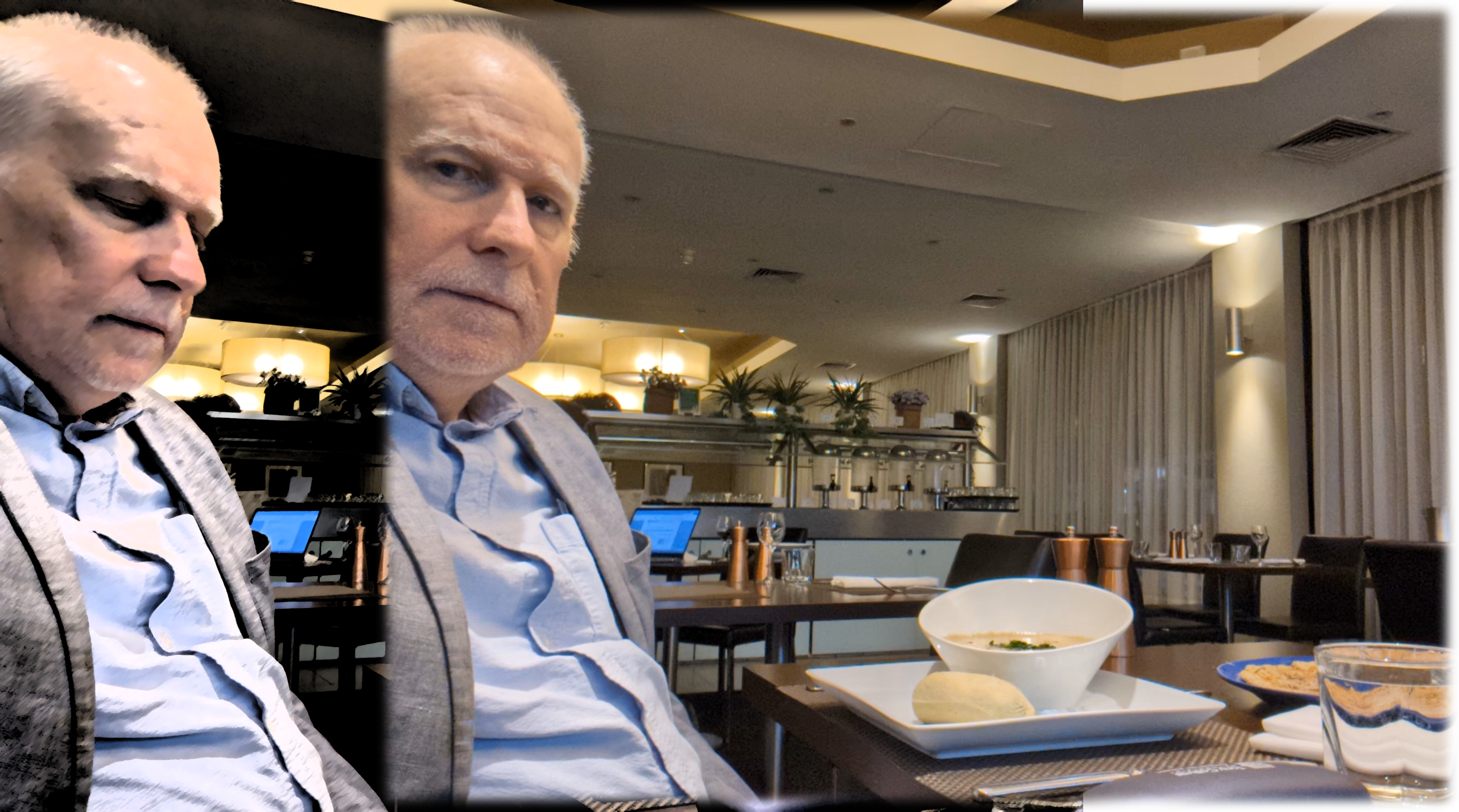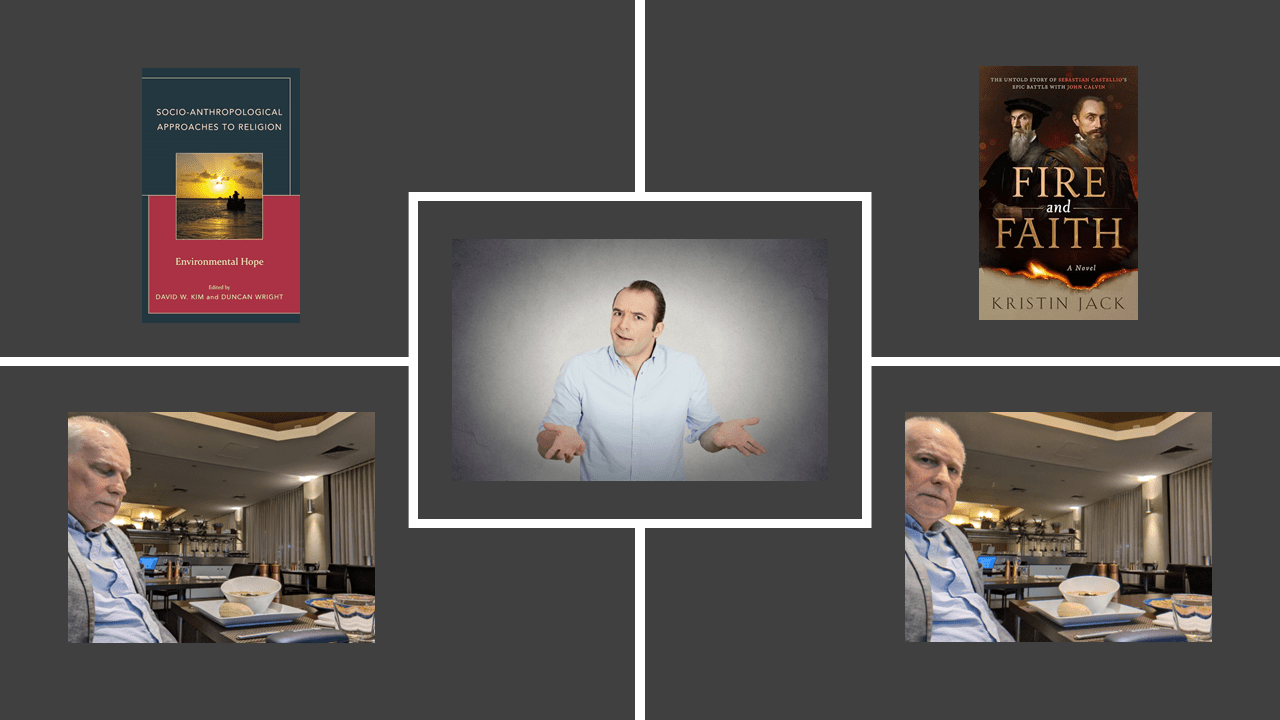“Four Older men in a restaurant. Nothing unusual about that. Except to the observant and astute to the modern social dynamics, it does warrant a thought. Four Older men, each representative of at least three age groupings, 40s, 50s, and early 60s, and each at separate small tables across the dining room. There are no women except for the women who serve us as waitresses. Each man has a different story. But who knows? Who knows what is different and what is the same? We sit in silence and eat our meals, in separate lives. We say too little, and the silence takes us away from ourselves.”
“Just as I (ego) left an older women walked in the dining room.”
“Ships passing in the night.” It comes from Henry Wadsworth Longfellow poem, “The Theologian’s Tale.” But most in the stupid general population get it wrong, thinking it is a successful romantic or sexual, fleeting encounter. Oh, the idiocy!
Image: Can You [Swear] Think, I Mean Really Think (Deep and Wide in Thought) 1.
http://www.phys.unm.edu/~tw/fas/yits/archive/longfellow_thetheologianstale.html
Longfellow is telling a story that the idiots of the general population do not understand, from the word go. Ahh, but you can!
Ships that pass in the night, and speak each other in passing,
Only a signal shown and a distant voice in the darkness;
So on the ocean of life we pass and speak one another,
Only a look and a voice, then darkness again and a silence.
What Longfellow is saying is that the engagement between two persons, two ships as metaphor, is reduced to being a sign: a signal from one ship meeting (engaged) the other. Other than that, is only darkness.

Featured Image: Can You [Swear] Think, I Mean Really Think (Deep and Wide in Thought) 2.
Our memories are mental references, and reference a time and place that no longer exists. Multiple times and places that have disappeared from our present. References are like signs, and, indeed, we should see them as signs in our thinking. Have a memory, and we are each not in the moment we each remember. The uncomfortable truth is we have each lost. Maybe if memories are the unpleasant ones, that is good news. The bad news is the wonderful memories are also reduced to a mere sign that we were once so happy, and we are not so happy anymore. This is why we all live in the present. We cannot go back to the faded hopes of the past. Hope is only in the present. My hope in the present is that a person might like me, and see how that comes to be, even as it is my purpose to speak an uncomfortable truth.
Image: Can You [Swear] Think, I Mean Really Think (Deep and Wide in Thought) 3.
Neville Buch
Latest posts by Neville Buch (see all)
- Dear grossly, ethically, corrupted - December 21, 2024
- Thoughts with a Professional History colleague on “Artificial Intelligence” - December 21, 2024
- Stephanie M. Lee on “AI by omission”, The Chronicle of Higher Education, Thursday, December 19, 2024 - December 20, 2024


